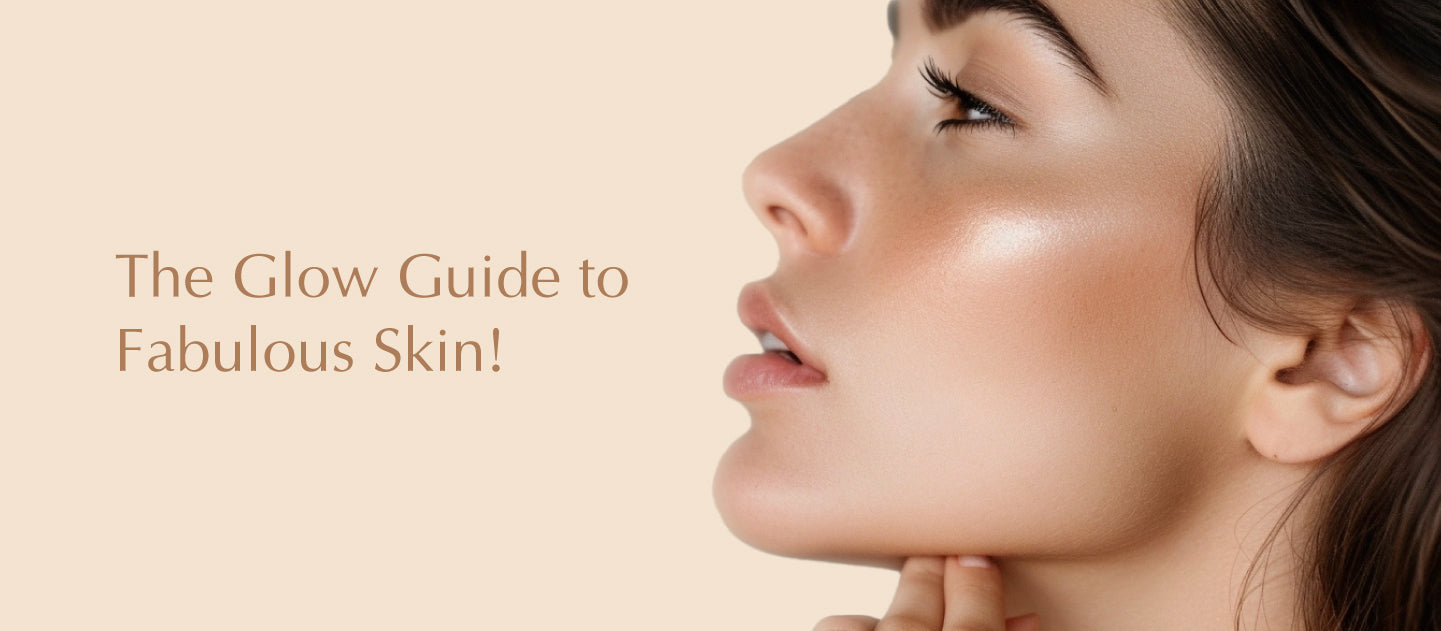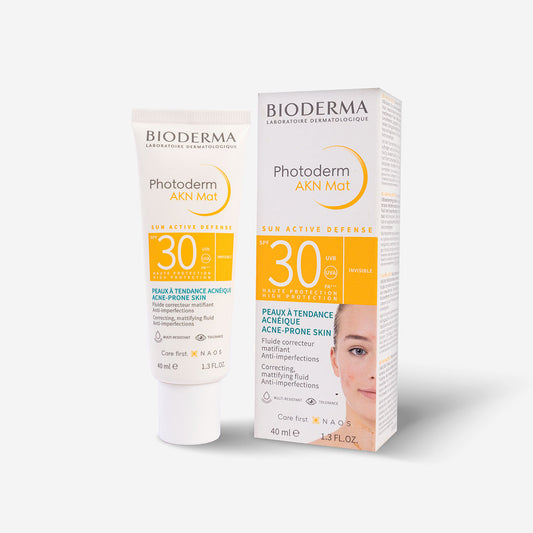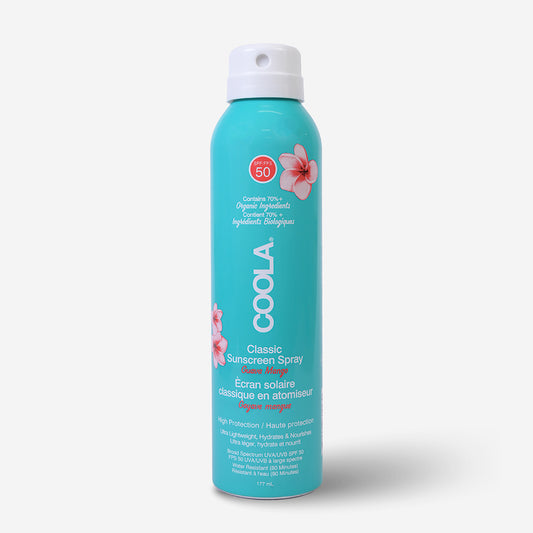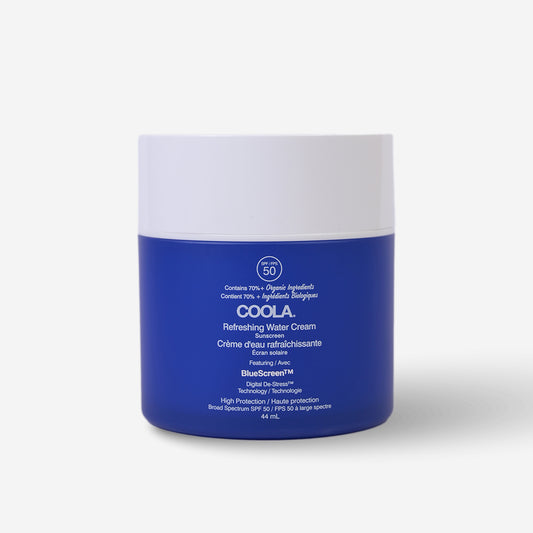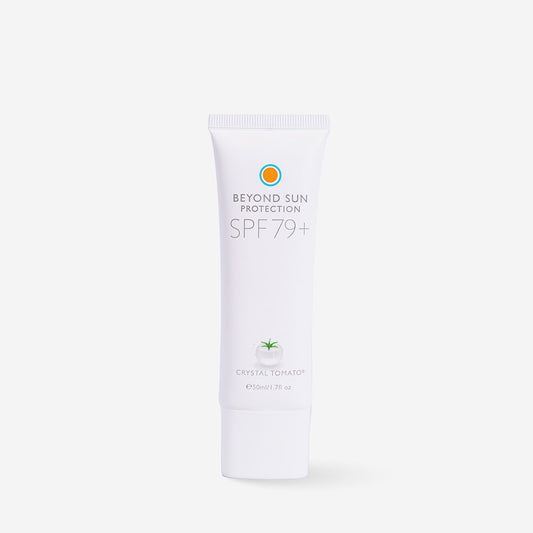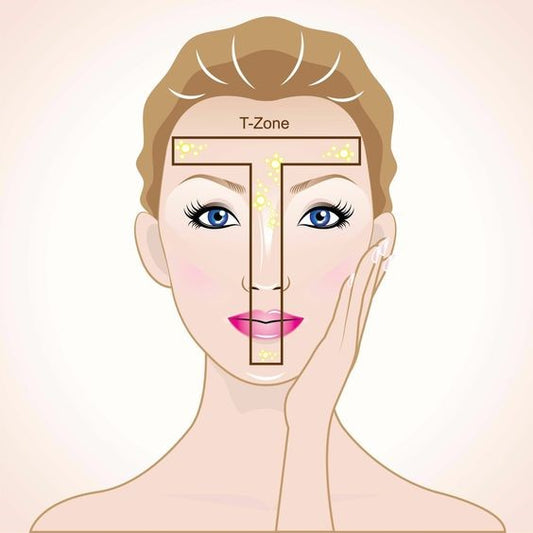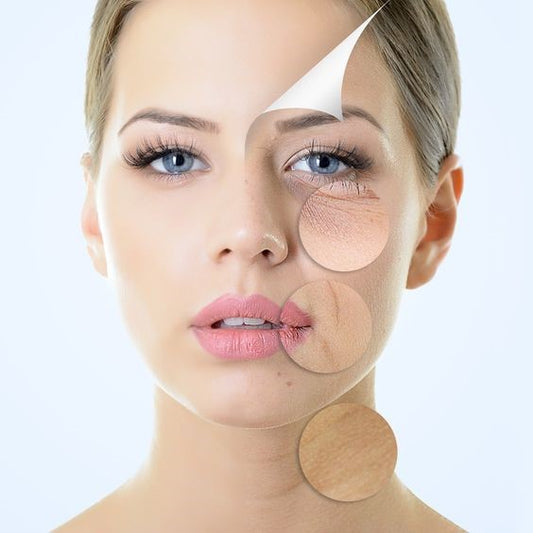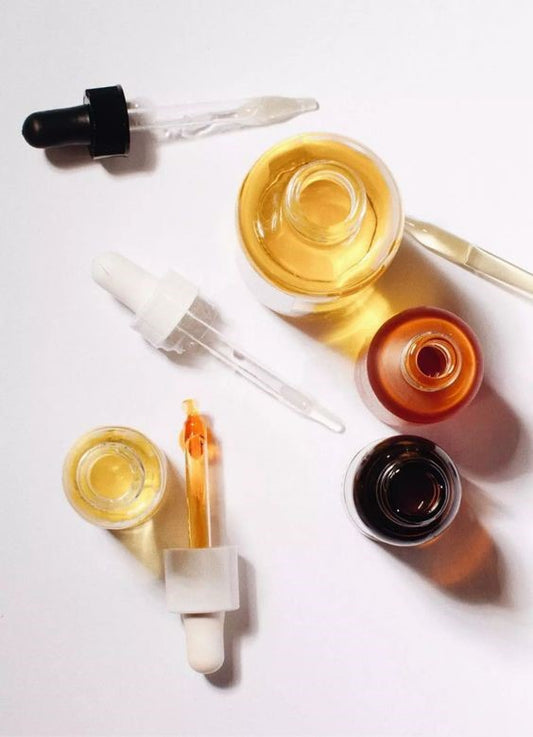Exploring the Relationship Between Vitamin D and Skin
Vitamin D plays a crucial role in our overall health, and its impact on our skin cannot be underestimated. From its synthesis in the skin to its benefits for skin conditions and ageing, understanding the relationship between vitamin D and our skin is essential.
The Role of Vitamin D
Vitamin D is synthesized in our skin when it is exposed to sunlight, specifically the ultraviolet B (UVB) rays. This sunlight-triggered process begins when UVB rays interact with cholesterol in the skin, providing energy for vitamin D synthesis. However, oral supplements and certain foods like tuna, salmon, and milk also contribute to vitamin D intake, particularly in regions where sunlight exposure is limited.
Effects on Skin Conditions
Vitamin D exhibits notable anti-inflammatory properties that can help treat various skin conditions. Its presence can assist in alleviating dryness, acne, psoriasis, eczema, and vitiligo. In fact, many cosmetic brands and dermatologists incorporate vitamin D in night creams and moisturizers to improve skin health and appearance.

© Pinterest
Calcium Absorption and Overall Health
One of the most crucial functions of vitamin D is aiding calcium absorption. A deficiency in this vitamin can result in inadequate calcium absorption, leading to a range of issues including fatigue, bone pain, muscle weakness or cramps, and mood changes like depression. Therefore, maintaining optimal vitamin D levels is vital for overall health.
Impact on Skin Health
Insufficient vitamin D levels can lead to frequent breakouts, as its antioxidant properties help in preventing acne. Lower levels of vitamin D can also lead to hormone imbalances that may trigger the development of acne. Furthermore, vitamin D plays a role in treating skin rashes, eczema, and psoriasis.

© Pinterest
Benefits of Vitamin D for Skin
Regulation of Sebum Production: Vitamin D helps regulate the production of sebum; the natural oil produced by the skin. By promoting a balanced sebum production, vitamin D can help prevent excessive oiliness or dryness, reducing the likelihood of clogged pores and breakouts.
Antioxidant Properties: Vitamin D possesses antioxidant properties that help protect the skin from damage caused by free radicals. Free radicals are unstable molecules that can lead to premature ageing, wrinkles, and other signs of skin damage. By neutralizing these harmful molecules, vitamin D helps keep the skin looking youthful and healthy.

© Pinterest
Enhanced Skin Barrier Function: Vitamin D contributes to strengthening the skin's barrier function, which serves as a protective shield against environmental aggressors such as pollutants, irritants, and allergens. A robust skin barrier helps retain moisture, prevents trans epidermal water loss, and maintains optimal hydration levels, resulting in a healthier complexion.
Skin Tone and Brightness: Vitamin D can contribute to a more even skin tone and enhanced brightness. It helps regulate the production of melanin, the pigment responsible for skin colour, leading to a more balanced and radiant complexion.
Collagen Synthesis: Vitamin D plays a vital role in the synthesis of collagen, a protein that provides structure and elasticity to the skin. Adequate levels of vitamin D support collagen production, helping to maintain skin firmness and reducing the appearance of fine lines and wrinkles.
Protection against UV-Induced Damage: While sunscreen is crucial for protecting the skin from harmful UV radiation, vitamin D also plays a role in minimizing the damage caused by UV exposure. It helps in preventing oxidative stress and reducing inflammation, thereby contributing to the skin's resilience against sun-induced damage.
Sunscreen and Vitamin D Synthesis
A common concern is whether applying sunscreen affects the formation of vitamin D. While sunscreen blocks both UVB and UVA rays, which are responsible for skin damage and ageing, it does not entirely hinder vitamin D synthesis. The amount of sunscreen needed to completely prevent vitamin D synthesis is impractical for everyday use. Even if high SPF sunscreen is used, studies have shown that adequate levels of vitamin D can still be maintained because the body naturally disposes of excess vitamin D.

© Pinterest
Importance of Sunscreen
Despite the importance of vitamin D, it is crucial to prioritize sun protection through the consistent use of sunscreen. Exposure to the sun without proper protection can lead to sunburns, tanning, pigmentation issues, and an increased risk of skin cancer. Committed proponents of unprotected sun exposure recommend limited exposure (10 to 15 minutes, two to three times a week) followed by the application of sunscreen for good reason.
Best Sources of Vitamin D
Sunlight: Sun exposure is a natural and primary source of vitamin D. When the skin is exposed to sunlight, it synthesizes vitamin D3 (cholecalciferol) from cholesterol. However, the ability to produce vitamin D from sunlight depends on factors such as geographical location, time of year, time of day, skin pigmentation, and sunscreen use. It is recommended to get safe and limited sun exposure while taking precautions to protect the skin from harmful UV radiation.
Fatty Fish: Fatty fish such as salmon, mackerel, sardines, and trout are excellent sources of vitamin D. These fish naturally contain high levels of vitamin D3. Including fatty fish in your diet can contribute significantly to your vitamin D intake.

© Pinterest
Fortified Foods: Many foods are fortified with vitamin D to help people meet their dietary needs. These include fortified milk, orange juice, breakfast cereals, and plant-based milk alternatives like soy milk or almond milk. Check the labels to ensure they are fortified with vitamin D.
Egg Yolks: Egg yolks contain small amounts of vitamin D. Including eggs in your diet can contribute to your overall vitamin D intake, especially if you consume them in combination with other dietary sources.
Mushrooms: Some varieties of mushrooms, such as shiitake and maitake mushrooms, contain a small amount of vitamin D. These mushrooms are grown or exposed to UV light, which stimulates the production of vitamin D2 (ergocalciferol) within them.
Supplements: If it is difficult to obtain sufficient vitamin D from natural food sources or sunlight, vitamin D supplements can be an option. Consult with a healthcare professional to determine the appropriate dosage and form of vitamin D supplement for your specific needs.

© Pinterest
Vitamin D plays a vital role in maintaining healthy skin and overall well-being. While sun exposure is a natural source of vitamin D synthesis, it is essential to strike a balance between obtaining adequate levels and protecting our skin from the harmful effects of the sun. By using sunscreen regularly and incorporating vitamin D-rich foods or supplements into our diet, we can maintain optimal vitamin D levels while safeguarding our skin from damage and potential health risks.
Healthy skin is a result of proper care, both internally and externally. So, enjoy the benefits of vitamin D, prioritize sunscreen use, and embrace a holistic approach to skin health.






